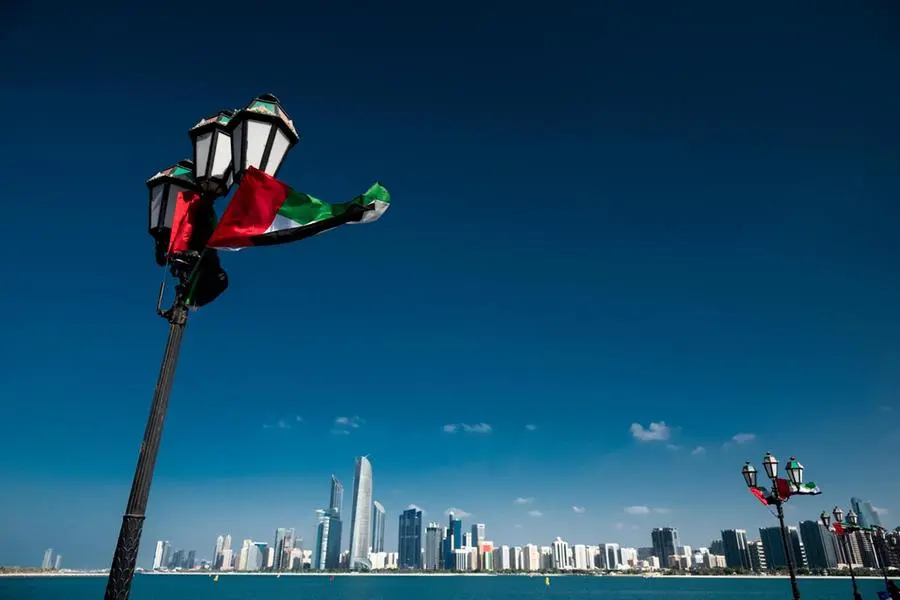PHOTO
Through collaborations with countries and relevant international organisations, the UAE has spent decades preserving the world’s cultural heritage and monuments, both in its region and the rest of the world.
These efforts stem from the fact that the UAE, guided by its leadership, recognises the importance of preserving and documenting cultural, natural and archaeological sites, which are core components of local heritage. This has also encouraged the UAE to collaborate closely to nominate the most remarkable of these sites on the United Nations Educational, Scientific and Cultural Organisation (UNESCO) World Heritage List, which are lively sites of cultural heritage that embody the interplay and communication between various human civilisations.
The UAE’s contribution to the conservation of the world’s heritage treasures is evident in ten world historical landmarks, which include the Dome of the Rock, the Mosque of Omar bin Al Khattab, the Church of the Nativity in Bethlehem, the Great Mosque of Al Nouri and its Al Hadba Minaret, the Church of the Pure and the Church of the Clock in the Iraqi city of Mosul, the Sheikh Khalifa bin Zayed Palace Theatre that was the former Imperial Palace of Fontainebleau, the Museum of Islamic Art in Egypt, the McMillan Historical Library in Nairobi, the Nuzul Al Salam in the Bahraini city of Muharraq, and many other landmarks and sites.
The UAE has been at the forefront of world heritage preservation since it ratified its accession to the Convention for the Protection of the World Cultural and Natural Heritage, which was adopted by the General Conference of UNESCO in 1972, in line with its firm belief that such ground-breaking works will advance the values of tolerance, coexistence, and peace worldwide.
In an interview with the Emirates News Agency (WAM), heritage and history researcher Fatima Al Mansouri said the UAE has exerted considerable efforts to help save numerous religious and historical landmarks around the world, due to its belief that world heritage possesses a mutual human value and its preservation is an obligation for all.
The UAE’s heritage diplomacy has also played a vital role in protecting human heritage, following its adoption of the legal frameworks of international agreements for the protection of human heritage and world cultural property, such as the Hague Convention for the Protection of Cultural Property 1954, the World Heritage Convention 1972, and the Convention for the Safeguarding of the Intangible Cultural Heritage 2003, which all mandate the protection of movable or immovable cultural property, she added.
In line with its policy rooted in the principles of coexistence, tolerance, openness to others, and its support for the human community to ensure harmony, cohesion, and convergence among its countries and societies, Al Mansouri stressed that the UAE’s experience in protecting world heritage is rich and unique.





















